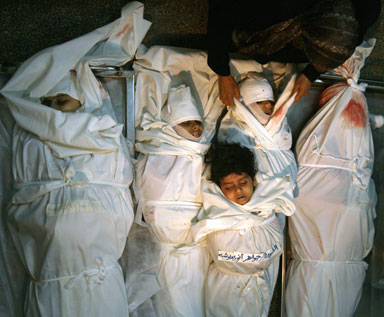

Tuesday, 27 March 2012 / by Sarah Colborne, The Guardian - The traditional centre of Palestinian social, religious and economic life is increasingly being isolated by Israeli policies.
Jerusalem is a city that embodies the cultural heritage of three religions: Islam, Christianity, and Judaism. Yet Palestinians – both Christian and Muslim – are being driven out of Jerusalem. Just one example of this ethnic cleansing is taking place in Silwan, where 1,000 residents are facing imminent eviction as their homes make way for the King David tourist park. In response to the urgency of the situation, an international alliance is mounting a series of peaceful protests worldwide on 30 March to call for an end to the ethnic cleansing of Palestinians living in Jerusalem.
Jerusalem, the traditional centre of Palestinian social, religious and economic life, is increasingly being isolated and restricted by Israeli policies. As the Israeli human rights organisation B’Tselem points out, ever since Israel illegally occupied East Jerusalem in 1967, in violation of international law, “the government of Israel’s primary goal in Jerusalem has been to create a demographic and geographic situation that will thwart any future attempt to challenge Israeli sovereignty over the city”. Some 200,000 settlers now live in illegal Israeli settlements in East Jerusalem.
Concern over these policies is not limited to pro-Palestinian activists, or Israeli human rights groups. An EU Heads of Mission report last year highlighted the continued expansion of illegal Israeli settlements, evictions and demolitions of Palestinian homes, and restrictions on legal and religious freedoms. Palestinians who have lived for generations in East Jerusalem can lose their residency rights if they leave the city because of a Kafkaesque notion that the centre of their life is no longer in Jerusalem, while Israeli citizens retain guaranteed citizenship. Since Israel’s occupation of East Jerusalem, more than 14,000 Palestinians have had their residency rights revoked. The 270,000 Palestinians living in East Jerusalem can find themselves ordered to demolish their homes or businesses, or being forced to watch whilst settlers take over their homes. It is estimated that 20,000 Palestinian homes in Jerusalem have been issued with demolition orders.
Despite Israel’s violations of international law, and the Fourth Geneva Convention – designed to protect those living under occupation – governments have failed to prevent Israel’s violations of international law, which is why it is so vital that international civil society is acting.
The Global March to Jerusalem is bringing together an impressive coalition of Palestinian voices and organisations, with supporters from dozens of countries around the world travelling to Jerusalem, and to the border countries, to participate in the peaceful actions, or organising protests in London and other cities around the world. Two Nobel laureates, Archbishop Desmond Tutu and Mairead Maguire, have joined the international endorsers. Other members of the advisory board include Mustafa Barghouti, Rabbi Lynn Gottlieb, author and activist in the Jewish Renewal movement; and Ronnie Kasrils, the South African national liberation leader and former cabinet minister.
The struggle for freedom, peace and justice for Palestinians is a key issue for those of us committed to equality and human rights. I grew up during the era of apartheid in South Africa, and saw the potential for us all to successfully oppose injustice. This was why I sailed on the Mavi Marmara, in a flotilla with participants from over 40 countries, attempting to break Israel’s siege on Gaza. The struggle for Palestinian rights is at the core of the global movement for social and economic justice, for liberation, for equality, and against racism. The Global March to Jerusalem is continuing in that tradition, organising a nonviolent response to Israel’s violations of international law.

 OCTOBER 3, 2010
OCTOBER 3, 2010 
